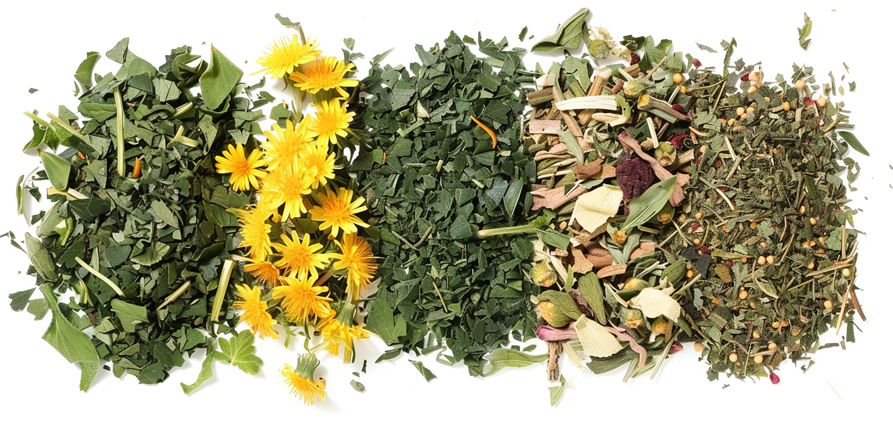Part Four: Lifestyle and Herbs For Detoxification
By Donnie Yance
Life Force and Herbal Medicine
The Life Force, or Vital Force, is an innate energy that exists in all of nature. Plants are made up of highly organized molecules governed by this same Life Force with divine intelligence. Herbal medicine assists healing through the sacred human-to-plant relationship. God and nature have cooperated to create cleansing and nourishing allies throughout the plant kingdom.
Detoxification
We must consider that the creation of the universe had a purpose rather than being a mere result of chance. Plants were among the first settlers on Earth and depended on their adaptability for food and medicine. The plants learned how to convert sunlight into energy. They also learned to generate molecules to protect themselves from pollution, radiation, and predators. These molecules then become protective for us when we consume these foods and herbs.
Human beings and plants are manifestations of creative, divine intelligence, harmoniously connected through a shared vibration. The fact that we breathe the plants’ exhaust (oxygen) and they breathe our exhaust (carbon dioxide) is an example of this harmonic relationship.
Continue reading “Detoxification: Everything you need to know and what to do”





